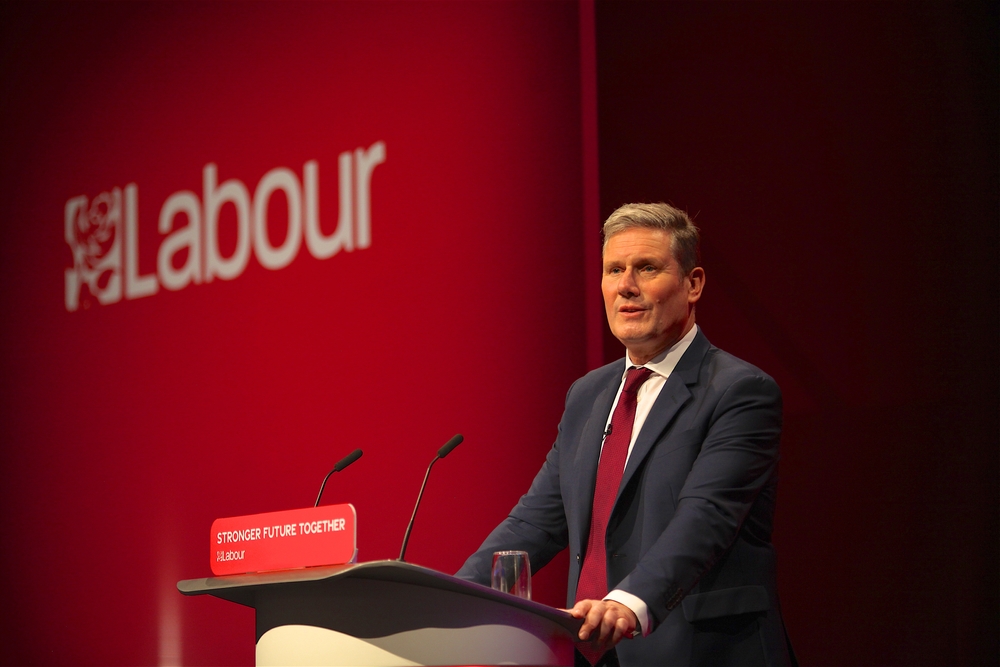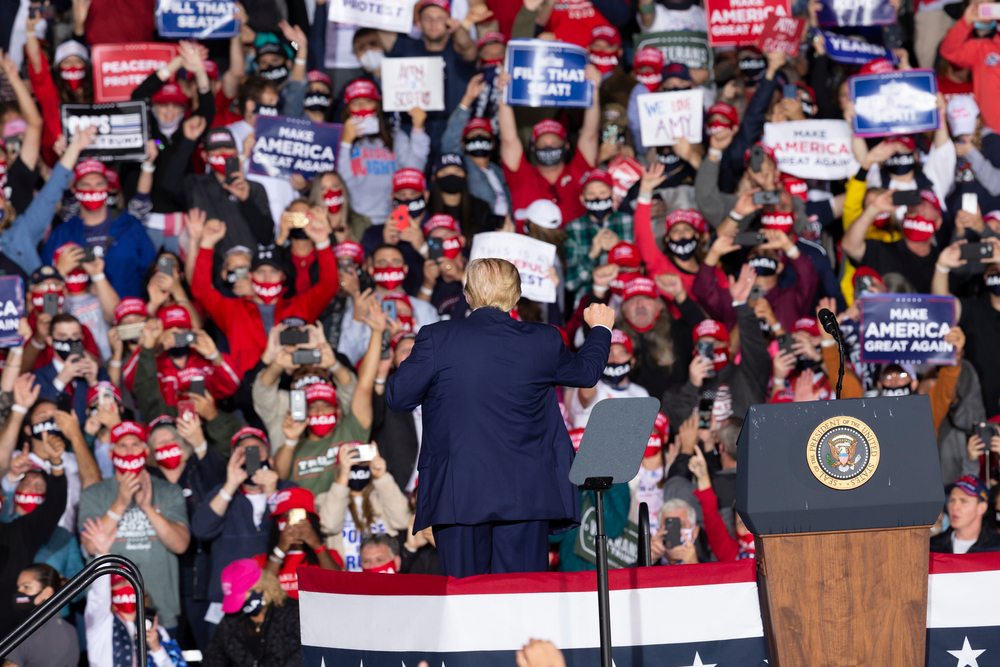Adulthood consists of many things, but a fundamental component is coming to terms with the fact that not everyone thinks and feels as you do. Generally speaking, this means empathising with the perspectives of others even if we don’t agree with them. However, there are nevertheless occasions when such empathy is, practically speaking, an impossibility – you simply haven’t got a damned idea as to what someone is talking about.
For example, personally speaking, I struggle with the idea that anyone could be excited by the prospect of a Labour win at the next General Election. If you bear with me, I’ll explain why.
In the UK, we’re doubly afflicted by a two-party, representative system that inevitably means one or two things; either the red or blue team is going to win i.e. the Labour or Tory parties. For nearly three decades, barring a slight hiccup called Jeremy Corbyn, these two parties have largely mirrored one and other, utterly embodying the neoliberal status-quo.
Despite this, a large proportion of the electorate actively predicates itself on the idea that the Conservative Part is not only evil, but that it represents a unique evil – one that must be overcome at all costs. The practical consequence of this is an ‘anyone but the Tories attitude’ that, generally speaking, lends itself towards a vote for Labour.
Whilst anyone who isn’t 1) a member of the socio-economic elite and 2) has an iota of self-respect will recognise that the Tories are ruthless mountebanks, this strategy implies that Labour is somehow different under Keir Starmer. It is not.
Let’s look at Keir’s positions and see whether they depart from the neoliberal status quo…
Nationalisation
Whilst initially promising to support the common ownership of energy, water, mail and energy, in addition to ending outsourcing, all plans to nationalise industry (barring rail) have been fundamentally scrapped.
Under Labour, the ravages of privatisation will remain in place – and will continue to escalate.
Taxing the Wealthy
Labour had pledged to increase income tax for the top 5% of earners. On this subject, Starmer has since explained, “We are in a different situation now, because obviously I think we’ve got the highest tax burden since World War II”. Sounds promising, doesn’t it?
Under Labour the concentration of society’s wealth will continue.
Climate Fund
A flagship pledge made by Labour included a £28 billion fund to implement a ‘green prosperity plan’. Rachel Reeves, Shadow Chancellor of the Exchequer (and professed admirer of Margaret Thatcher), has since stated that “economic stability must come first” i.e. before a sustainable planet conducive to human existence.
Labour is more interested in capitalism’s growth imperative than preventing ecological collapse.
Fossil Fuels
Labour has pledged not to issue new licenses for oil and gas exploitation in the North Sea. However, they won’t retract licenses issued by the Conservative Government which has, conveniently, recently issued a 100 new licenses.
Go figure.
Only a tiny fraction of voters bother to read party manifestos, largely predicating their vote on their favored personalities or, quite often, simply avoiding what they perceive to be a greater evil. Anyone with an interest in understanding society systemically, however, will recognise that none of the core pillars of our trajectory will be remotely touched by the Labour Party.
Does this mean you shouldn’t vote for Labour? That’s not the purpose of this article. What’s in question is why anyone would be excited by a Labour win – why they’d think that such a win means ‘something’. If your motivation is simply to remove the Tories for being, well, the Tories, all power to you. But don’t expect the orientation of British society to change, regardless of the outcome of the general election. Unfettered capitalism will remain the rule of the day, we’ll still be headed towards climate catastrophe, and the same bastards will still be running the show.
If that sounds depressing, perhaps it’s time to start considering more fundamental and radical solutions to the political situation we’ve found ourselves in? If so, recognising that there’s far more at play here than the Conservative Party might produce a more mature analysis of where we are, how we got here and, crucially, how we move forward.





